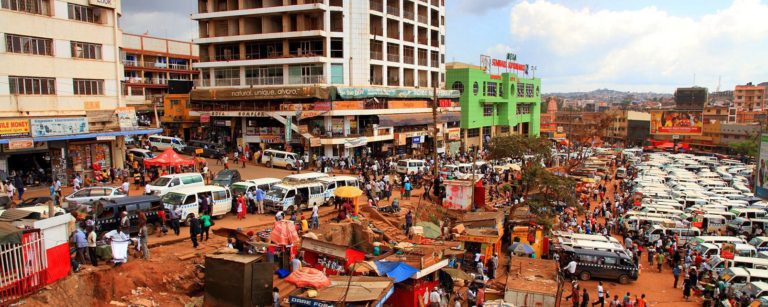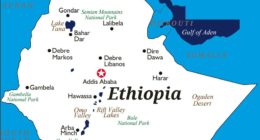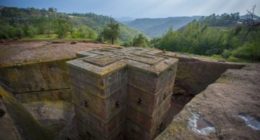Provided you take a few rational preventative measures, Ethiopia is a safe and reasonably healthy country. Make sure you update your tetanus, typhoid, polio and hepatitis A inoculations, especially if you are traveling outside the capital or if you will be staying far away from the big hotels.
Health
Desist from brushing your teeth with tap water or drinking it. It is safer to take bottled water and they are widely available. It is also advisable to bring a few packs of antibacterial wipes for cleaning your hands after toilet breaks or before meals in more remote locations where they may not have running water.
Although it may be risky to travel to remote border areas with more volatile neighbors such as Somalia, Eritrea, South Sudan and Sudan, Ethiopia is generally a secure and politically stable country. In any case, these areas are least likely to be visited on a standard tour.
Pickpockets
There are many pickpockets and con artists operating in central Addis Ababa but this is not a problem anywhere else in the country.
Accommodation
There is a rapid growth in the hotel industry in Addis Ababa with increasing number of properties offering international standards springing up everywhere including several apartment hotels and branded hotels such as Hilton, Sheraton, Golden Tulip, Marriott, Radisson Blue and Ramada. Also available, are smaller hotels and cozy guest-houses.
When
You can visit Ethiopia whenever during the year however, there are different advantages associated with different seasons. Also, the countryside is very green and beautiful during the rainy season, and you’ll meet a smaller number of tourists at popular sites such as Lalibela.
The rainy season usually starts in the month of June but is at its peak in the months of July and August in the central and northern highlands so, it is advisable that visitors avoid visiting at this time. Highland towns like Lalibela Addis Ababa and Gondar are definitely very humid and cold during this season.
Lovely Time
A lovely time to visit Ethiopia would be in the late rainy season which runs from September to early October. There’s a major drop in rainfall during this period, but the countryside is very green, and punctuated by yellow meskel wild flowers. Ethiopia erupts into festive mode on 27th of September (or 28th if it’s a leap year), to celebrate Meskel, which honors the finding of the True Cross over 1600 years ago.
Middle Of October And January
The best time to visit Ethiopia is between middle of October and January, after the rains have stopped but the countryside still has beautiful scenery. Tourism is at its peak during this season so expect that facilities and tourist sites will be very busy. It will be worth your while to be in Gondar or Lalibela for Timkat (Ethiopian Epiphany), another magnificently colorful celebration held on 19 January (except on leap years).
February to May is also another good time to visit, even though there’s a tendency for the scenery to become very dry near the end of this period, with the exception of the far south where it starts raining as early as April.






